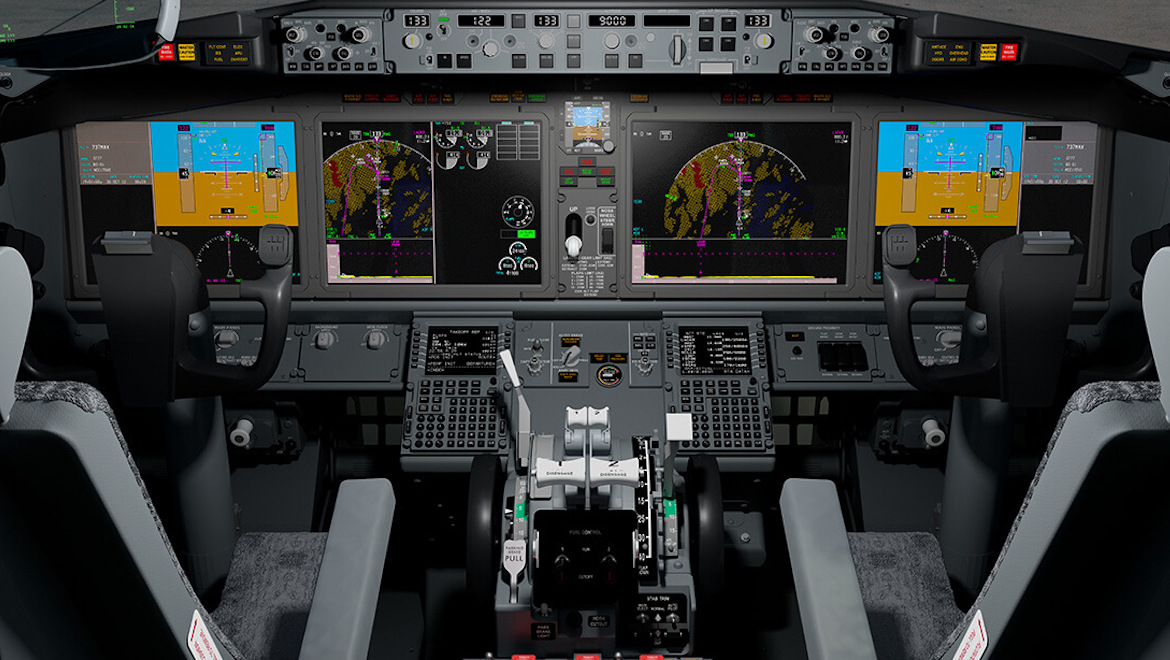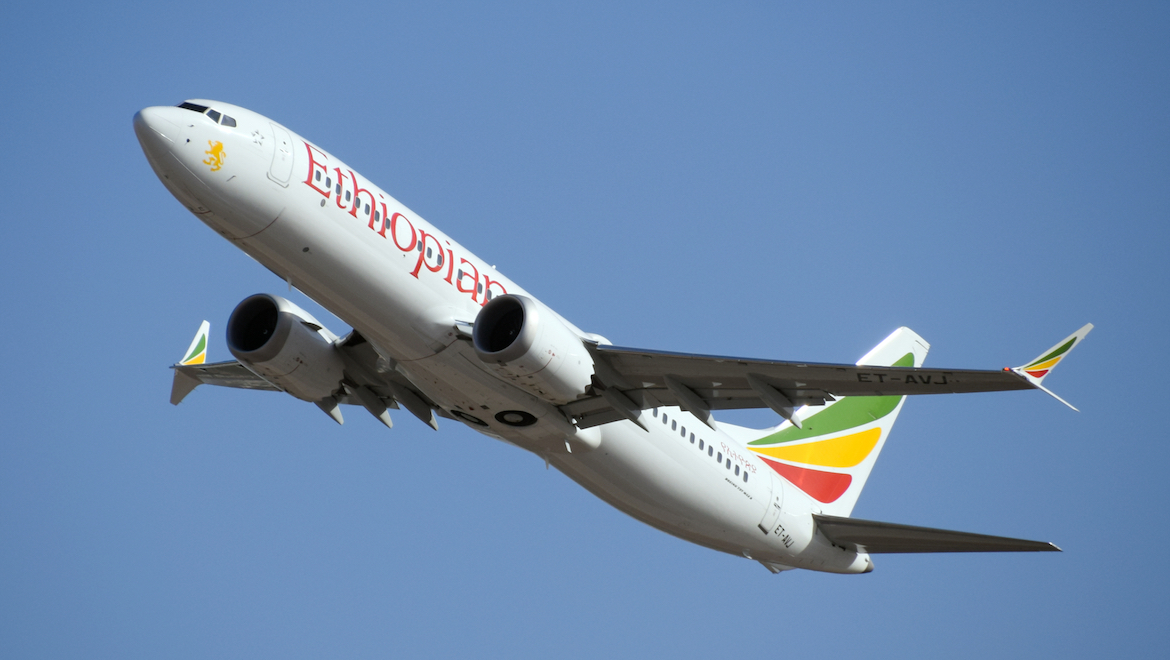
The United States Federal Aviation Administration (FAA) says it expects to receive the final version of Boeing’s 737 MAX software update “over the coming weeks”.
The software update for an anti-stall feature on the 737 MAX had been expected to be rolled out by April, with the FAA to mandate the update with an airworthiness directive.
“The FAA expects to receive Boeing’s final package of its software enhancement over the coming weeks for FAA approval,” the FAA said in a statement on Monday (US time).
“Time is needed for additional work by Boeing as the result of an ongoing review of the 737 MAX Flight Control System to ensure that Boeing has identified and appropriately addressed all pertinent issues.
“Upon receipt, the FAA will subject Boeing’s completed submission to a rigorous safety review.
“The FAA will not approve the software for installation until the agency is satisfied with the submission.”
#FAA statement on the @Boeing 737 MAX software update. pic.twitter.com/L66M4LcJEJ
— The FAA ✈️ (@FAANews) April 1, 2019
The software update for the Maneuvering Characteristics Augmentation System (MCAS) on the 737 MAX has been in development since a Lion Air 737 MAX 8 plunged into the sea just minutes after it took off from Jakarta in October 2018.
Boeing said on March 27, when it conducted a technical briefing with about 200 aviation professionals, that the software update added additional layers of protection from erroneous data out of the aircraft’s angle of attack (AOA) sensors.
According to Boeing, the software update was developed through “extensive engineering analysis, design, and verification”.
There was also time spent in the simulator with pilots assessing the software update and providing feedback.
Boeing said it conducted an engineering verification flight on February 7 2019, which was followed by a certification flight with the FAA on March 12.
“The software was put through hundreds of hours of analysis, laboratory testing, verification in a simulator and two test flights, including an in-flight certification test with Federal Aviation Administration (FAA) representatives on board as observers,” Boeing said on its website.
Features of the software update included having the flight control system now compare inputs from both AOA sensors. If there was a significant disagreement – by 5.5 degrees or more with the flaps retracted – the MCAS would not activate and an indicator of the flight deck would alert the pilots, according to Boeing.
Further, Boeing said “MCAS can never command more stabilizer input than can be counteracted by the flight crew pulling back on the column”.
“The pilots will continue to always have the ability to override MCAS and manually control the airplane,” Boeing said on its website.
“These updates reduce the crew’s workload in non-normal flight situations and prevent erroneous data from causing MCAS activation.”
In terms of pilot training, Boeing said it had updated the computer-based training to accompany the software update.
“This course is designed to provide 737 type-rated pilots with an enhanced understanding of the 737 MAX Speed Trim System, including the MCAS function, associated existing crew procedures and related software changes,” Boeing said.
Also, pilots would be required to review the flight crew operations manual bulletin, the updated speed trim fail non-normal checklist and revised quick reference handbook.
The company said on March 27 it was continuing to work with the FAA and other regulatory agencies on the certification of the software update.
https://twitter.com/BoeingCEO/status/1110955502446497792
The global 737 MAX fleet of about 370 aircraft currently sits grounded following a second fatal accident involving the type in the past six months, when Ethiopian Airlines flight ET302 crashed shortly after takeoff from Addis Ababa.
The preliminary analysis of the flight data recorder (FDR) from the Ethiopian Airlines accident showed similarities with the Lion Air crash. The preliminary report into the accident was expected to be released soon.

During the enforced grounding of the 737 MAX by regulators around the world, Boeing has been postponing deliveries of the aircraft to its airline customers, leading to completed aircraft being parked around its facilities in Washington State and elsewhere.
There are also separate investigations into the 737 MAX’s certification.
US Transportation Secretary Elaine Chao has asked the department’s inspector general to conduct a formal audit of the certification process for the MAX. The audit is an administrative action, separate from the criminal investigation by the US Department of Justice.
The US Congress is also looking into the matter.




